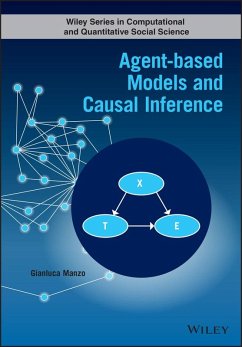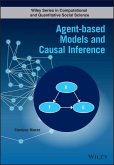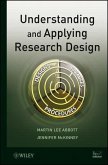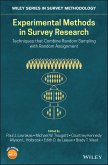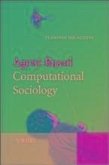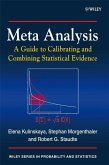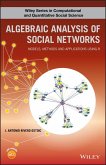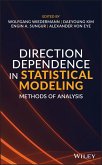Dieser Download kann aus rechtlichen Gründen nur mit Rechnungsadresse in A, B, BG, CY, CZ, D, DK, EW, E, FIN, F, GR, HR, H, IRL, I, LT, L, LR, M, NL, PL, P, R, S, SLO, SK ausgeliefert werden.
--Christopher Winship, professor of sociology at Harvard University
Agent-based Models and Causal Inference is a first-rate contribution to the debate on, and practice of, causal claims. With exemplary rigor, systematic precision and pedagogic clarity, this book contrasts the assumptions about causality that undergird agent-based models, experimental methods, and statistically based observational methods, discusses the challenges these methods face as far as inferences go, and, in light of this discussion, elaborates the case for combining these methods' respective strengths: a remarkable achievement.
-- Ivan Ermakoff, professor of sociology at the University of Wisconsin-Madison
Agent-based models are a uniquely powerful tool for understanding how patterns in society may arise in often surprising and counter-intuitive ways. This book offers a strong and deeply reflected argument for how ABM's can do much more: add to actual empirical explanation. The work is of great value to all social scientists interested in learning how computational modelling can help unraveling the complexity of the real social world.
-- Andreas Flache, professor of sociology at the University of Groningen
Agent-based Models and Causal Inference is an important and much-needed contribution to sociology and computational social science. The book provides a rigorous new contribution to current understandings of the foundation of causal inference and justification in the social sciences. It provides a powerful and cogent alternative to standard statistical causal-modeling approaches to causation. Especially valuable is Manzo's careful analysis of the conditions under which an agent-based simulation is relevant to causal inference. The book represents an exceptional contribution to sociology, the philosophy of social science, and the epistemology of simulations and models.
-- Daniel Little, professor of philosophy at the University of Michigan

